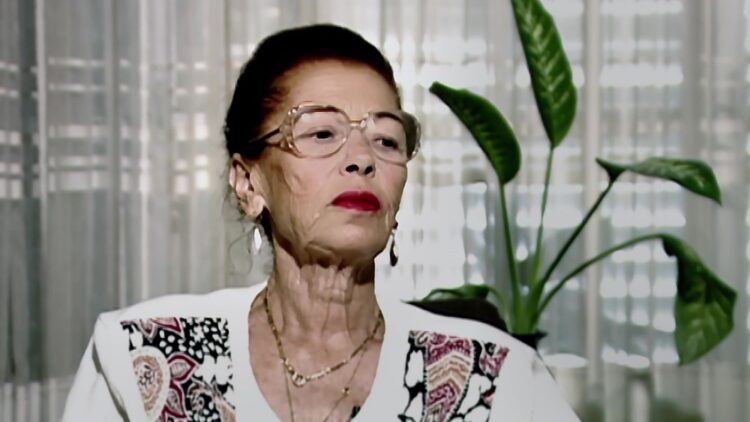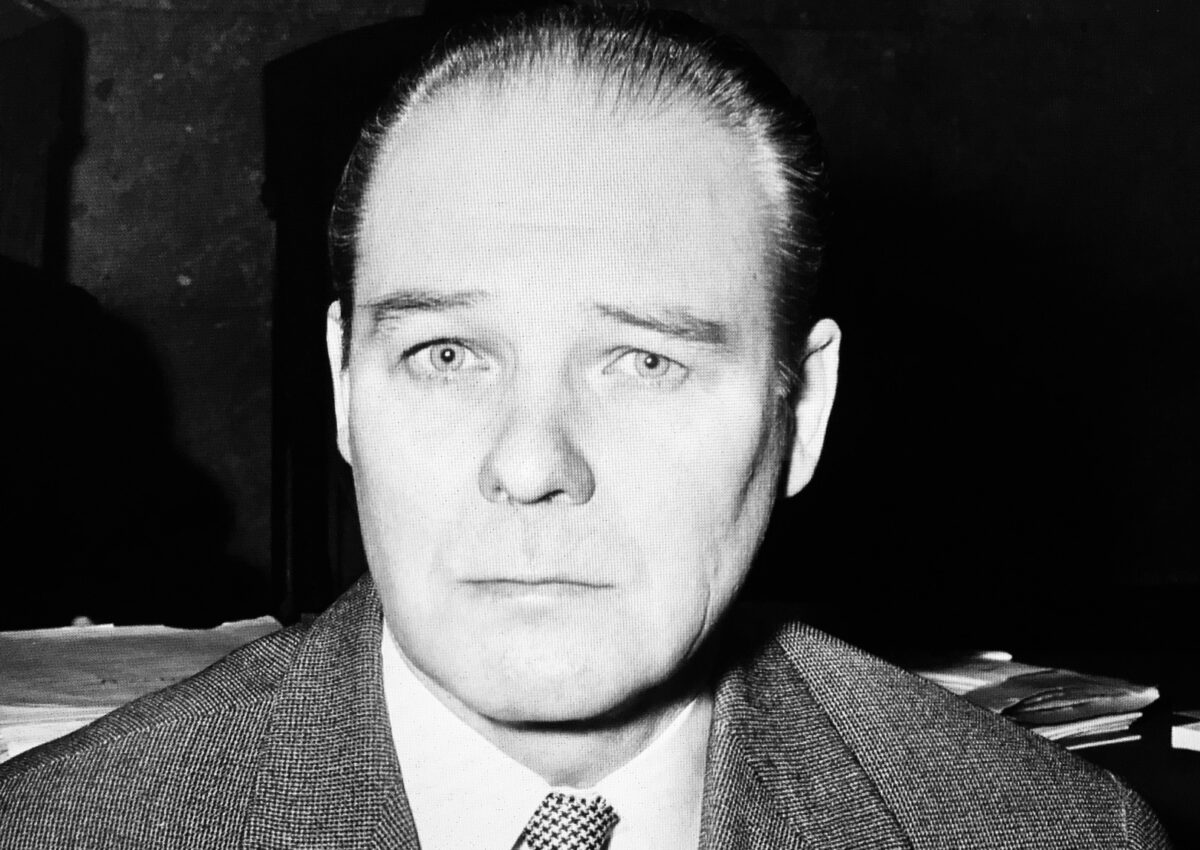Maya Sarfaty’s absorbing and affecting movie, Love It Was Not, brings to light a singular story from the depths of the Holocaust. Scheduled to be screened online at the forthcoming Canadian International Documentary Festival (Hot Docs), which runs from April 29 to May 9, it sweeps over the landscape of a love affair that crossed all normal boundaries.
Helena Citron, a young woman from Humenne, Slovakia, was rounded up in March 1942 along with one thousand other Jewish women from Czechoslovakia, and brought to the Auschwitz-Birkenau extermination camp in Poland. They were the first females to be taken to this hell on earth.
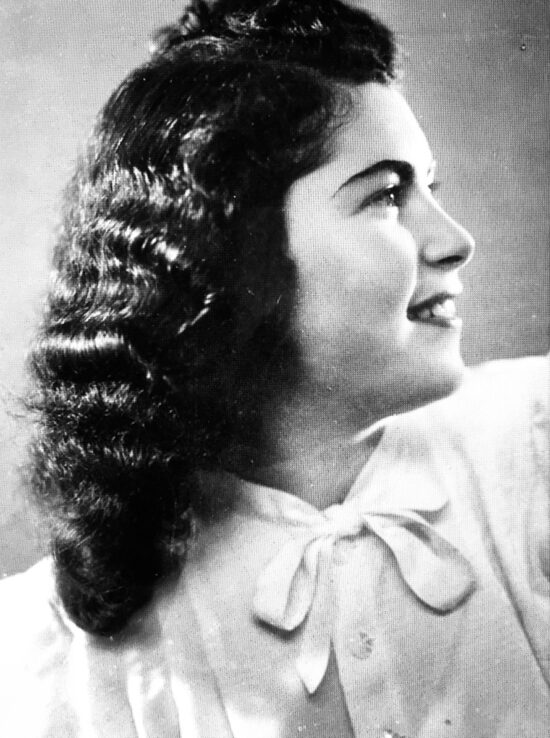
According to survivors who knew Helena, she was beautiful and radiant as well as talented as a singer. After working in a construction detail, she was assigned to Kanada, a warehouse where the possessions of gassed Jews were stored.
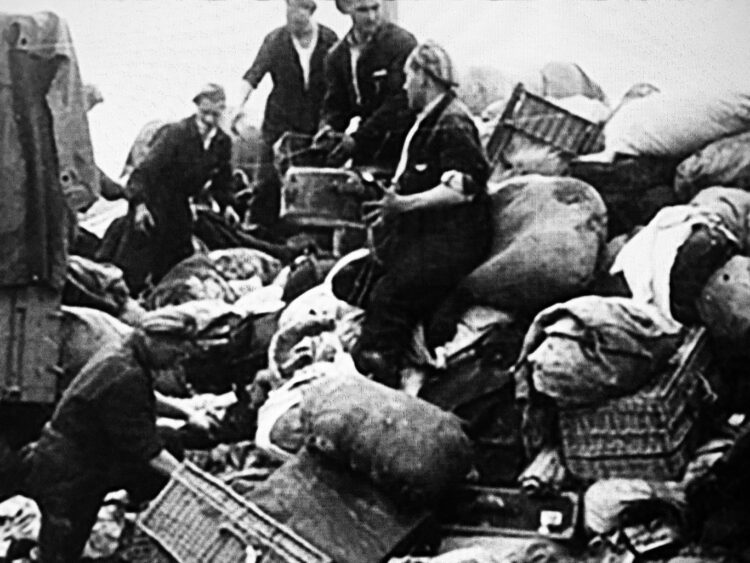
One day, she was asked to sing a song on the birthday of Franz Wunsch, an Austrian SS officer in charge of the facility. She belted out Love It Was Not, a plaintive German song. He liked her rendition so much that he asked Helena to sing it again.
Of the same age as Helena, he fell in love with her. “I hated him at first,” she says. Holocaust survivors who knew Helena during that period unanimously agree that he treated her kindly and respectfully. “He was very decent,” recalls a survivor.
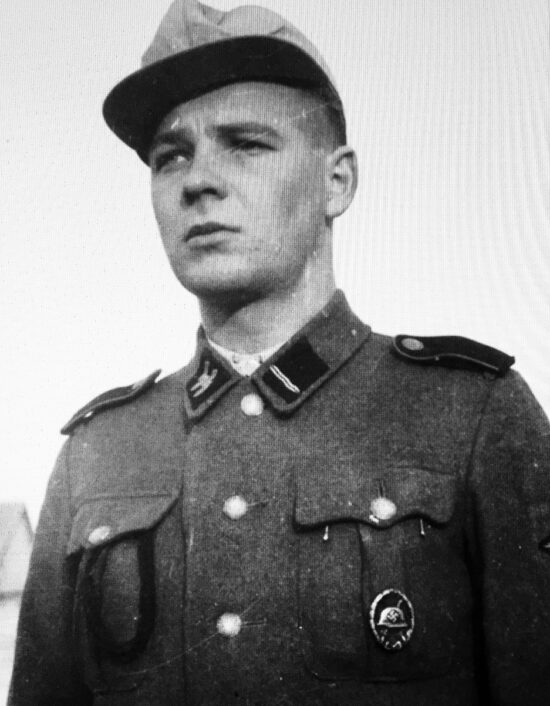
Such was his infatuation with Helena that he treasured the single photograph of her in his possession, says Wunsch’s adult daughter, Dagmar. Helena was the love of his life. “He never felt true love this like,” adds Dagmar.
Wunsch reserved his decency for Helena and her circle of friends and acquaintances, survivors say. He mistreated male inmates and was seen kicking a woman.
When Helena contracted typhus, he attended to all her needs. As far as Wunsch was concerned, they shared a “sincere and mutual affection.” Helena’s fellow survivors say she “loved him back.” Or as she herself puts it, “I saw him as a human being.”
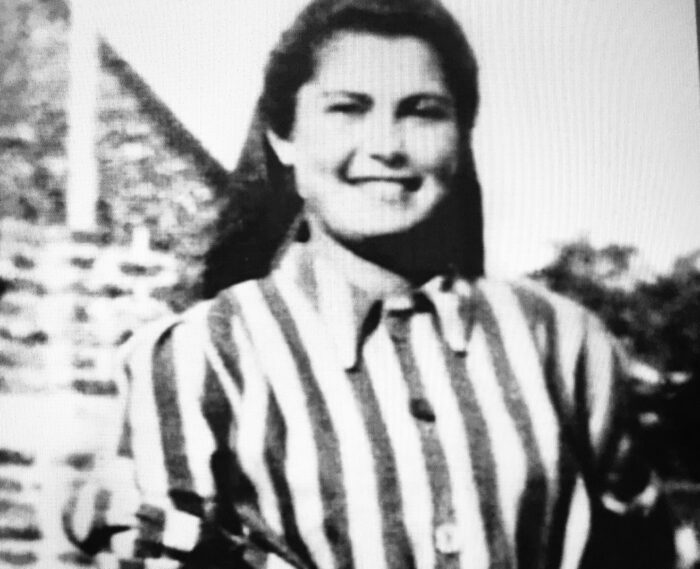
Their very unusual and taboo relationship elicited jealousy and resentment among some of the Jewish women toiling in Kanada. One woman describes Helena as Wunsch’s “Jewish whore.” It remains uncertain whether they had sex. In any event, Sarfaty does not broach the topic.
It’s abundantly clear that theirs was an unequal relationship. He was powerful and she was helpless, totally beholden to him. Wunsch’s SS comrades knew about his forbidden liaison, which is probably why his superiors interrogated and reprimanded him.
In October 1944, Helena’s sister, Roza, arrived in Auschwitz-Birkenau, accompanied by her two children. Roza had lived in Palestine during the 1930s, but returned to Czechoslovakia on the eve of World War II. At Helena’s request, Wunsch saved Roza from the gas chamber, but left her children to die.
When the Germans evacuated Auschwitz-Birkenau in January 1945, Wunsch provided Helena and Roza with warm clothes and shoes. He was sent to the front facing the advancing Red Army.
“I had feelings for him at this point,” Helena admits.
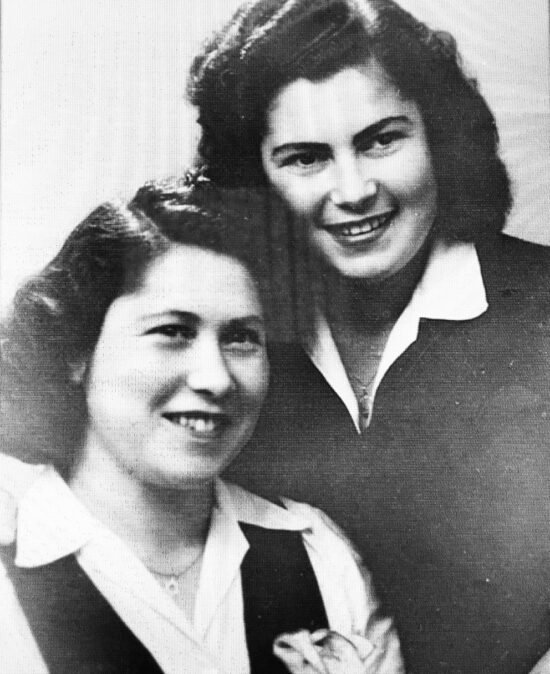
After the war, the sisters settled in Palestine, while Wunsch unsuccessfully tried to find Helena. She resurrected her life in Israel, getting married and raising a family.
In 1972, she received a letter from Wunsch’s wife asking her to testify on his behalf at a war crimes trial to be held in Vienna. He would be the last SS officer who had served in a death camp to be put on trial in Austria.
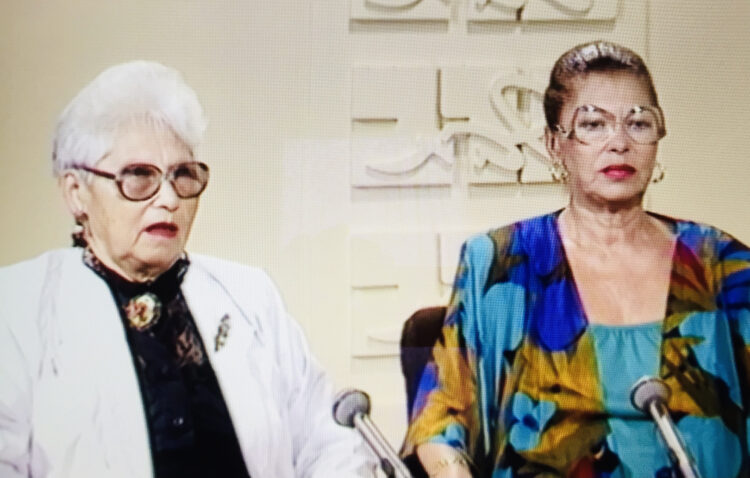
Together with other survivors, she appeared at his trial. In the courtroom, she studiously avoided eye contact with Wunsch, much to his disappointment. Helena, however, acknowledged his role as a Good Samaritan in rescuing her and Roza from the jaws of death.
As the film ends, Helena is asked whether she loved Wunsch. Her answer is in perfect harmony with the melodious song she sang for him in Kanada when the future seemed so dark and dim.
